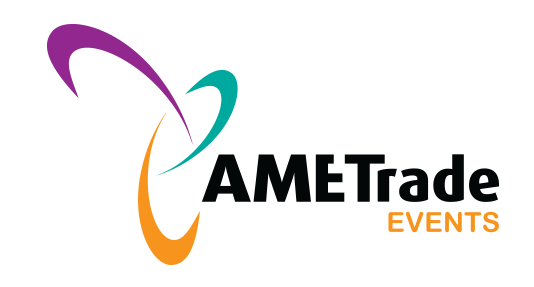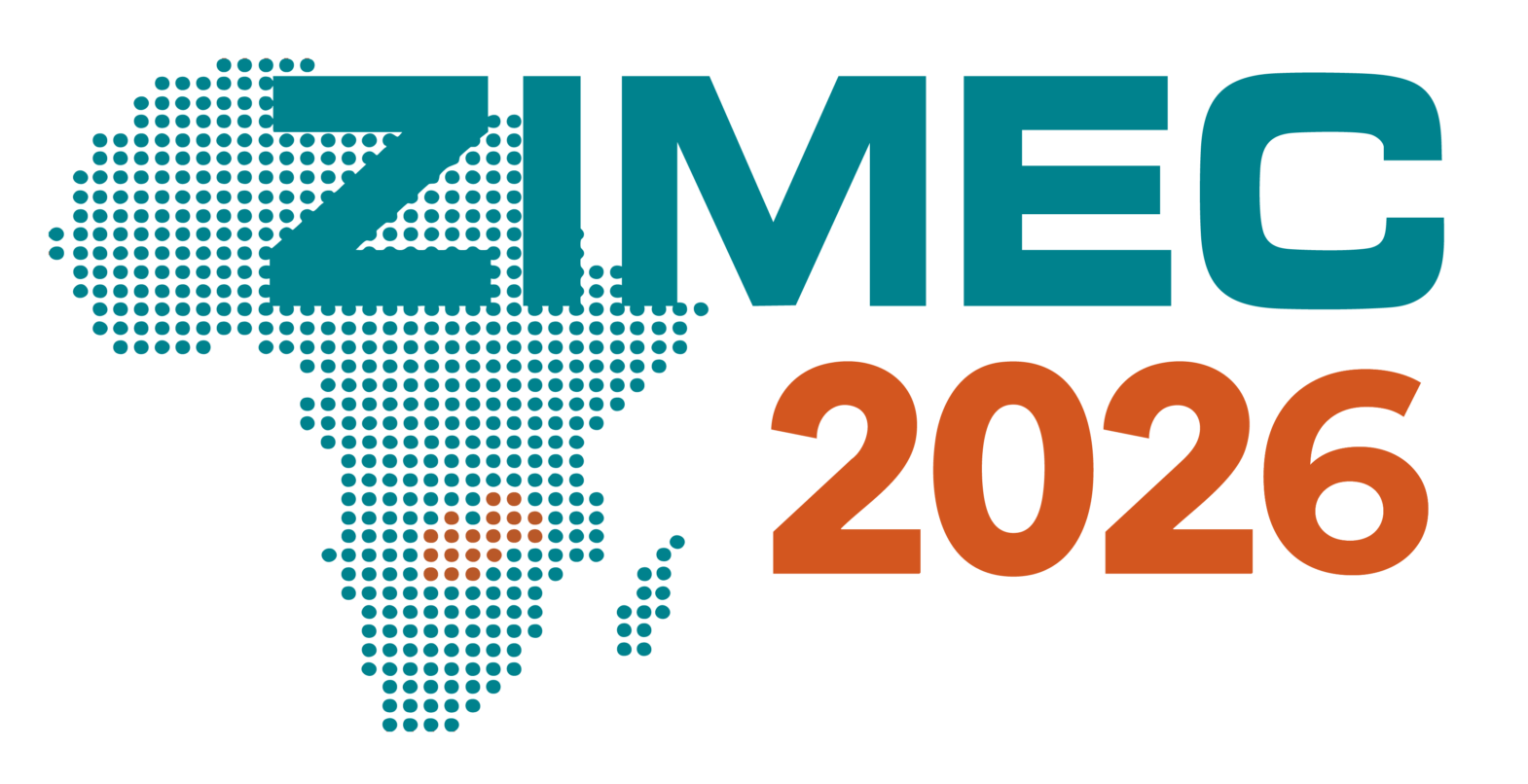NEWCO Perspective on the Regulatory Reforms in the Mining Sector

NewCo specializes in providing consultancy services tailored for the mining industry across Zambia and the broader African region.
The firm embodies a synergy of "Local Knowledge, Global Experience, and Expertise," rooted in the rich mining heritage of the Katanga region, extending from the Democratic Republic of Congo’s Katanga province to Zambia's Copperbelt and Northwestern provinces.
NEWCO Perspective on the Regulatory Reforms in the Mining Sector
NewCo’ view on the ongoing regulatory reforms is that they should be holistic in addressing the various facets, gaps, and opportunities. Its crafters ought to have a long-term view of at least 30 years. Consultation, candid discussions amongst stakeholders and learning from successful jurisdictions is paramount.
Mineral Resources are Non-Renewable
Recognise that mineral resources are non-renewable because they form over geological timescales that span millions of years. Once extracted and consumed, these resources cannot be replenished within a human timescale and need to be managed prudently and with far-sightedness.
NewCo proposes the creation of a Sovereign Wealth Fund by maximising revenue from the mining industry, especially copper in order to diversify and cater for an economy beyond copper mining.
Some Nordic countries have very successfully achieved this using their OIL industries.
Environmental Impact
All types of mining affect the environment. In Ghana for example there are calls to ban all forms of small-scale mining in response to the destruction of the country’ forest reserves and water bodies, along with the serious public health and environmental threats.
NewCo has noted with concern how illegal mining has continued unabated, causing loss of lives and damage to the environment despite stringent safety and environmental laws in Zambia. This situation points to gaps which require to be addressed.
NewCo proposes that additional legislation be enacted which will ban the unsupervised use of mercury and cyanide in ASM gold operations.
Local Content
Local content is one of the non-fiscal benefits mining companies can use to stimulate the local economies of the country without depending on the traditional resource taxation system.
Local content development is an important policy intervention whose implementation needs to be clearly defined as an alternative to mine taxation in empowering local business. Is there a roadmap and if so, by whom and how is the policy to be implemented and what are the milestones?
Value Addition
Value addition is important if the government is to generate a higher GDP contribution from the mineral endowment and mining industry.
The relatively low GDP contribution is partly explained by the fact that developing countries often lack the industrial base to supply the sophisticated mining technology used in modern mines and fail to add value to mineral products. As a result of an underdeveloped industrial base many downstream value addition activities (GDP contributions), take place outside the host country (ICMM, 2012).
The granting of the ore, minerals or mineral products trading permit ought to be weighed against the aspirations of value addition for the country.
Inter-Agency Coordination
The Mineral Regulatory Commission Bill 2024 does not explain how the Commission will be interrelated with a number of government institutions in carrying its mandate.
Some existing related government institutions already carry out the same mandates as those prescribed to be undertaken by the Commission. This situation could create problems of overlapping institutional mandates, creating frustration and confusion amongst stakeholders.
Ecosystems
According to Hickey Global (2021), “ecosystem in nature consists of a community of interacting organisms within a physical location. Similarly, an economic development ecosystem consists of a well-thought-out network of interconnected organizations and institutions, within a defined area, that collaborate to enhance the economic well-being of a community.
An economic ecosystem thrives when participants develop patterns of behavior which streamline the flow of ideas, talent, and capital throughout the system”.
NewCo proposes the creation of ecosystems for local mining entrepreneurs to explore, develop and mine resources within the national framework of the local economy.
Legislation Recommendations
Instead of relying on provisions in mining agreements, there is a need to ensure that adequate and specific legislation is enacted for:
- Formalisation of the Artisanal and Small-scale Miners (ASMs).
- Appropriate regulation of the export of intermediate products; and in which the granting of the ore, minerals or mineral products trading permits is weighed against the aspirations of value addition for the country.
- Creation of mechanisms and incentives through which part of profits arising from ASM activities are ploughed back for the growth of a revolving fund and consolidation of geographically close operations.
Capacities of Institutions and the Commission
Zambia has various ministries and agencies involved in the management and regulation of the mining industry. However, ICMM (2014) reported that while these agencies have mandates that reflect best practice, they often suffer from weak technical capabilities and the resources needed to effectively oversee a rapidly expanding mining sector.
Development Agreements and Discretionary Powers
Mining development agreements are long-term contracts between governments and mining companies to develop specific ore deposits. These agreements are often the focus of development studies, and there is a general consensus that many of them have problems.
Acquisition of Mining Rights and Investment by Government
There are different ways in which Governments have embraced state participation in their extractive industry sectors. These involve free-carried interest or fully paid interests.
Tenure for Exploration Licenses
Exploration work leading to development of a mine takes more than 10 years.
- Restricting a license holder to undertake exploration activities within 4 years is therefore not supportive for growth of the mining industry.
- Besides, exploration is a very costly undertaking; and mobilization of exploration funds within that given period is not easy and can disadvantage the license holder given that there is no renewal of the license for the small-scale exploration.
- Relinquishing of 50% of the exploration area at renewal is retributive because exploration undertakings are long-term and costly as mentioned above.
It is recommended that extension of the period for exploration activities be granted to not less than 10 years to ensure that license holders execute these assignments thoroughly considering the long gestation periods and huge capital requirement needed for mineral exploration.
Conclusion
Consultation, candid discussions amongst stakeholders and learning from successful jurisdictions that have had stable mining codes for several decades is required in crafting the REFORMS in order to achieve a WIN-WIN situation for ALL stakeholders in the mining industry.


